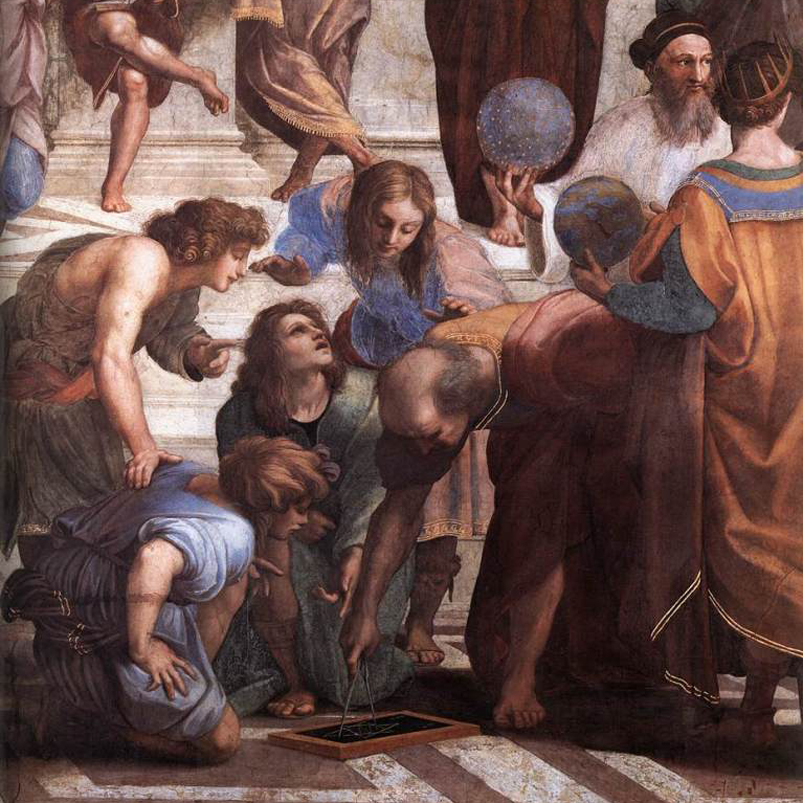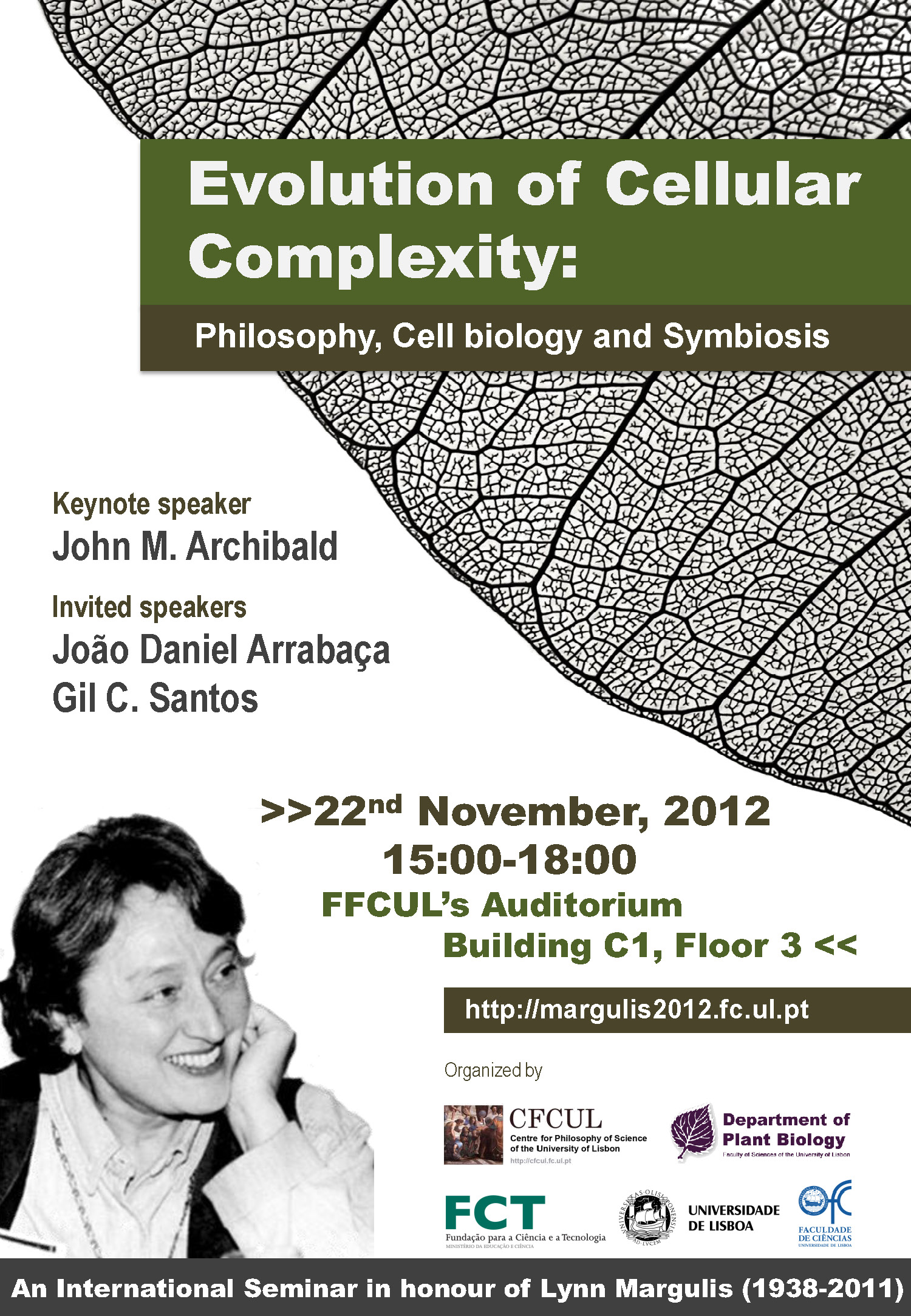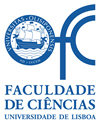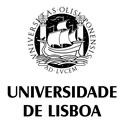Evolution of Cellular Complexity:
Philosophy, Cell biology and Symbiosis
November 22nd, 2012 || Faculty of Sciences of the University of Lisbon
A seminar in memory of Lynn Margulis
Keynote speaker {John M. Archibald}
Invited speakers {João Daniel Arrabaça • Gil C. Santos}
"Stubborn and iconoclastic, briliant and increasingly dogmatic, Lynn Margulis inspired a generation of biologists to think differently about the evolution of cells."
- John M. Archibald, Current Biology, 2012
Lynn Margulis was a reputable and amazing, if controversial, biologist who effectively prevailed on the scientific community to accept the symbiotic theory of cell evolution. In 1967 she published – as Lynn Sagan – On the origin of mitosing cells, by far the most serious modern effort in defense of the endosymbiotic theory. In this paper, rejected by more than fifteen journals, Margulis presented the endosymbiotic theory for the origin of eukaryotic cells and their internal complexity, asserting that specific organelles such as mitochondria, plastids and basal bodies of flagella had been symbiotically acquired. Later, her theory would be proven correct in the case of mitochondria and plastids but not for flagella.
This seminar will address the evolution of cellular complexity both biologically and philosophically. The keynote speaker, the molecular biologist John M. Archibald (Dalhousie University), will focus on the evolution of plastids and the quite remarkable endosymbiont-to-organelle conversion. João Daniel Arrabaça, a biologist, and Associate Professor in the Department of Plant Biology, FCUL, will focus on the evolution of mithocondria and the emerging challenges. Finally, the philosopher, and a post-doc in the CFCUL, Gil C. Santos, will discuss to which extent endosymbiotic theory can be considered a textbook case of emergent evolution.






